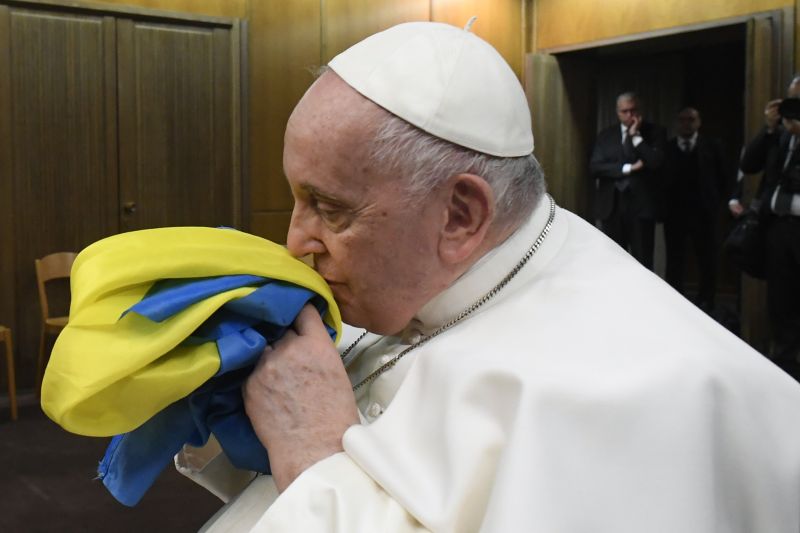First-ever private school choice bill passes in Idaho

 null / Credit: RasyidArt/Shutterstock
null / Credit: RasyidArt/Shutterstock CNA Staff, Feb 20, 2025 / 17:15 pm (CNA).
A $ 50 million school choice bill long in the works is awaiting approval from Idaho’s governor after the state Senate passed the measure on Wednesday.
The bill would establish a $ 50 million parental choice tax credit beginning in the 2025-2026 school year, helping parents send their children to nonpublic schools, including private religious schools.
After years of attempts by school choice advocates in the Idaho Legislature, the bill passed in a 15-10 vote in the Senate.
If approved, qualifying students would be able to claim a refundable tax credit worth up to $ 5,000 to attend a nonpublic school. Students with disabilities could qualify for up to $ 7,500.
The tax credit covers qualifying expenses such as nonpublic school tuition as well as textbooks, tutoring, and other costs. The school choice measure would prioritize families earning up to 300% of the federal poverty level.
The program also ensures that nonpublic schools maintain independence in their admissions policies, curriculum, and other areas.
Gov. Brad Little hasn’t yet made a statement on the bill, though he voiced support for school choice earlier this year.
At his State of the State speech, Little proposed a $ 50 million private school choice program, provided the program be “fair, responsible, transparent, and accountable” while also preserving public school funding.
But Idaho Education Association President Layne McInelly called on the governor to veto the bill, saying it doesn’t hold private schools accountable. McInelly called instead for “ending the state’s chronic underfunding of education.”
McInelly criticized the bill for not ensuring compliance with state and federal discrimination laws, saying the bill is not transparent and fair “in the same ways public schools are accountable to elected officials, parents, and taxpayers.”
Notably, private religious schools are not always able to implement various government requirements. Similar restrictions have prevented Catholic schools from being able to participate in school choice programs in Colorado and Maine.
But the bill has received praise from organizations including the American Federation for Children.
“With today’s vote, families in Idaho are on the verge of experiencing a dramatic expansion in private school choice, and we are eager to see it signed into law,” Ryan Cantrell, vice president of government affairs at the federation, said in a statement.
President Donald Trump also expressed his support for the Idaho measure in a statement on Truth Social earlier this week.
“Congratulations to Gov. Brad Little, and Idaho legislators, who are fighting to bring school choice to their beautiful state,” Trump said. “$ 50 million to empower parents to provide the very best education for their child — GREAT news for Idaho families. This bill, which has my complete and total support, MUST PASS!”
Trump signed an executive order on Jan. 30 to expand educational freedom and opportunity for families by expanding school choice.
School choice programs help low- and middle-income families send their children to private schools of their choice, including the nearly 6,000 Catholic schools across the nation. Following a record expansion of state school choice programs in 2023, the National Catholic Educational Association found that more than 1 in 10 Catholic school students used school choice programs to help them attend Catholic school in the 2023-2024 school year.
While the number of states offering school choice programs has rapidly risen in recent years, these programs are only in select states. Catholic leaders have voiced support for efforts to implement school choice on a national level through a $ 10 billion federal school choice program.





